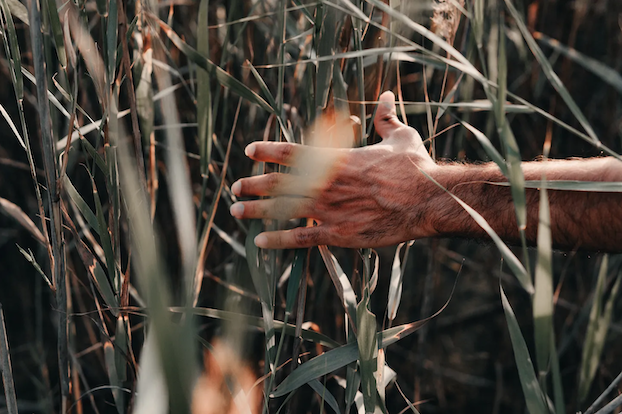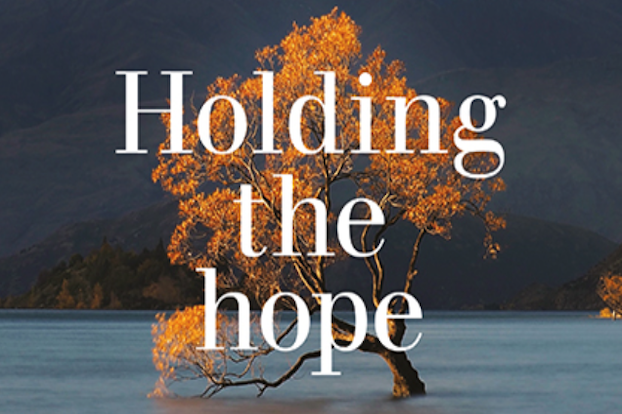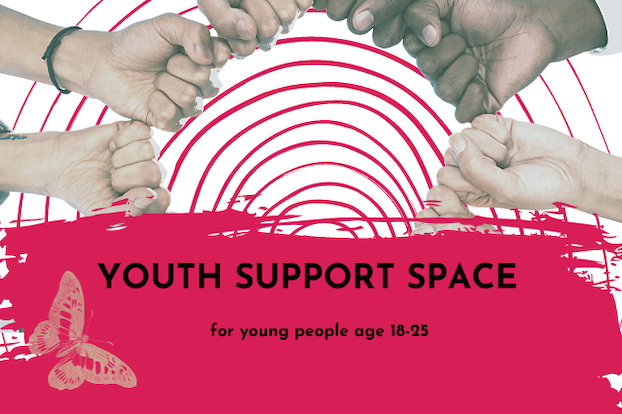All young people aged 18-30 are welcome to register for a free ticket to this online space on Tues 2nd May 6-7.30pm UK time.
"This is in the end the only kind of courage that is required of us: the courage to face the strangest, most unusual, most inexplicable experiences that can meet us." Rilke1
We are delighted to announce the arrival of Living with the Climate Crisis! Join us for the online launch of the project on Mon 17 April 7-8.30 pm UK time
You are warmly invited to the launch of Holding the Hope: Reviving Psychological and Spiritual Agency in the Face of Climate Change, edited by Linda Aspey, Catherine Jackson and Diane Parker and published by PCCS Books.
We are excited to share with you information about a new space offering warm care and deep listening for young people who want to explore, share and hear from others their experience of living in a time of climate and other crises






